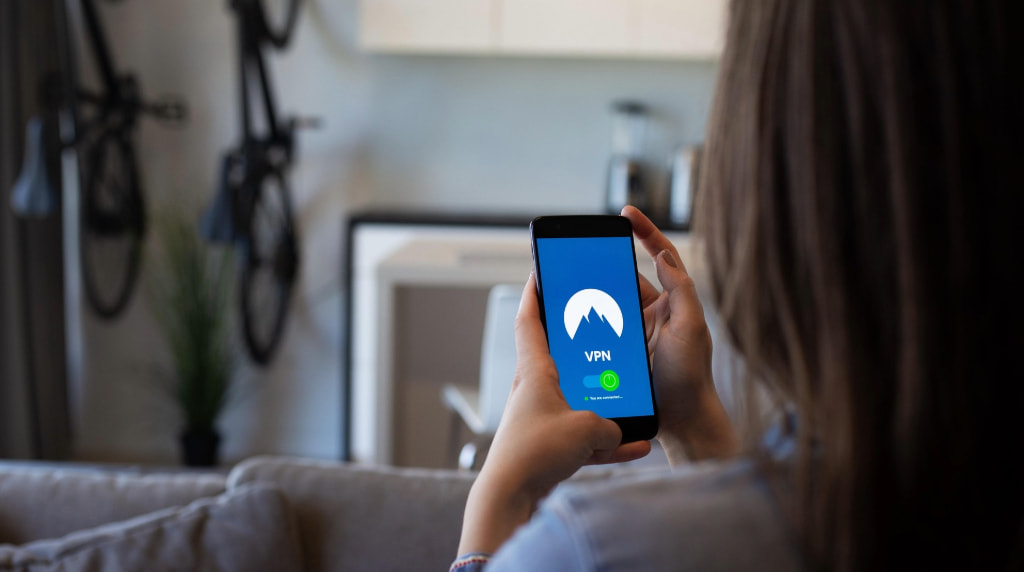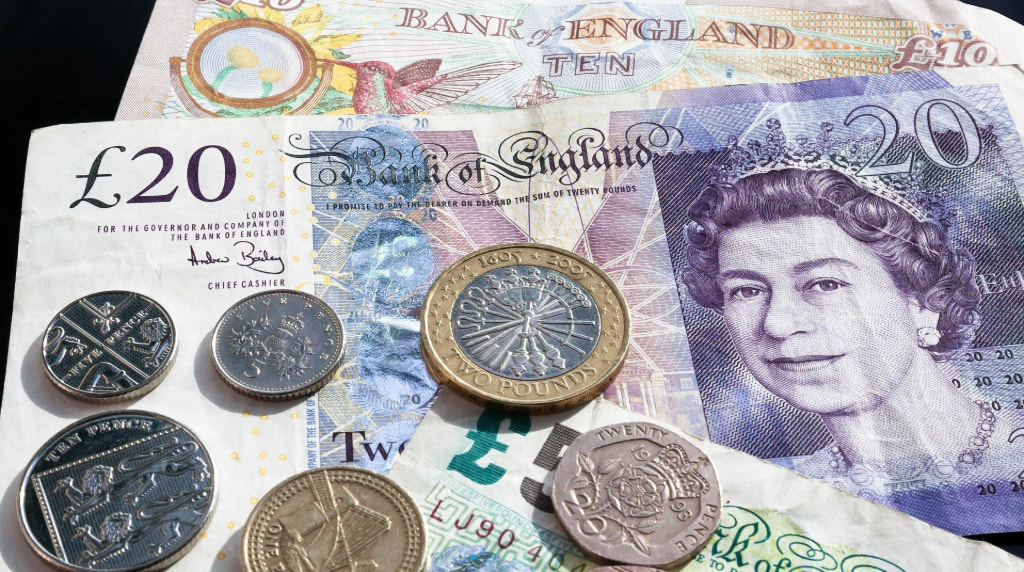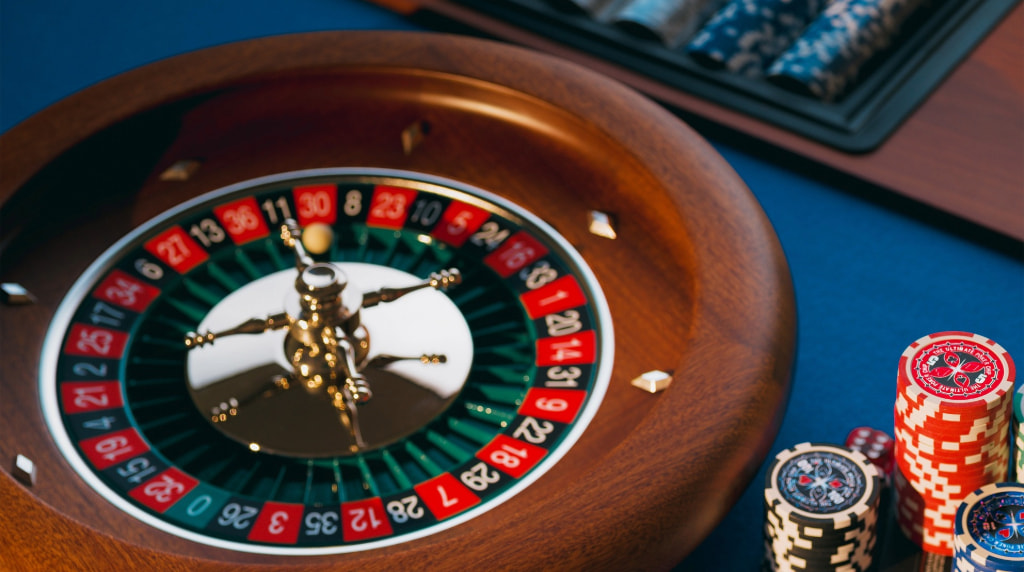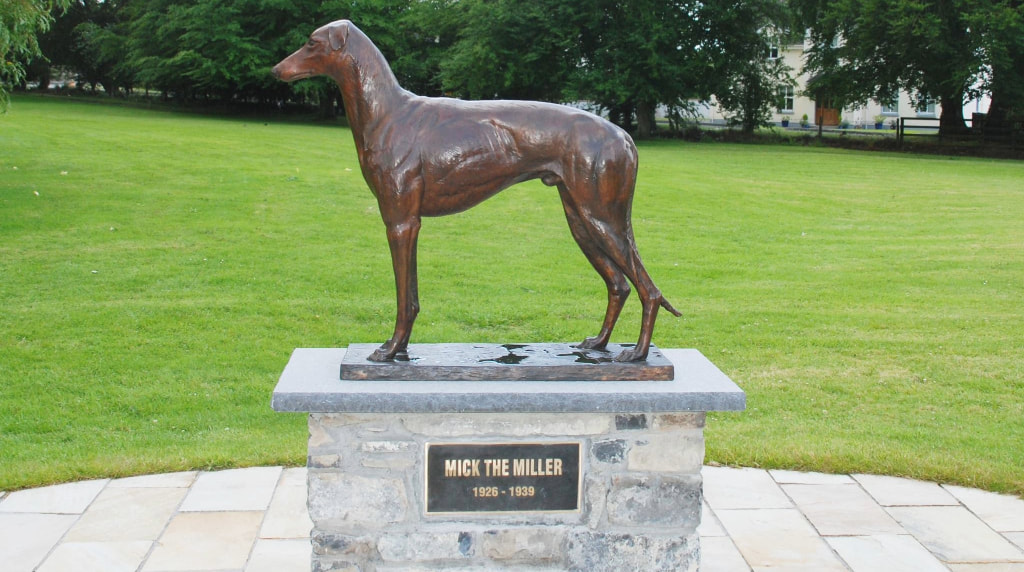How Did Joe Coral Build His High Street Betting Empire?
The story of Coral Bookmakers mirrors the evolution of gambling in the UK. How did this famous company, founded by an immigrant from humble beginnings, become one of the most famous and successful British betting brands?
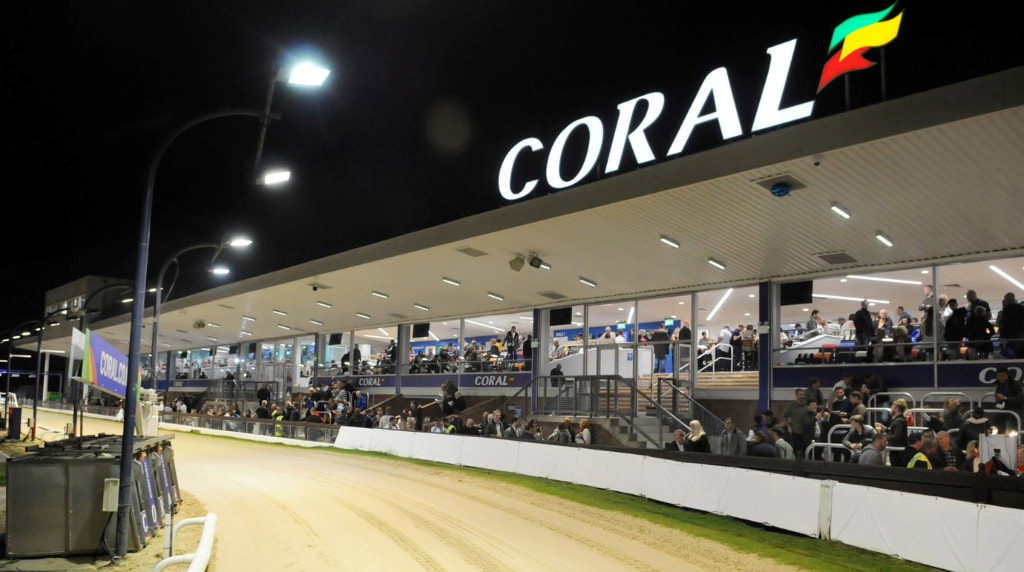
Coral has owned and operated Romford Greyhound Stadium since 1976. ©Steve Nash
Joe Coral, born Joseph Kagarlitski in Warsaw in 1904 to a Jewish family, was a British bookmaker who founded Coral. The company would become one of the UK’s most prominent betting companies. His family adopted the surname ‘Coral’ to better fit into British society. The name was taken from the book ‘The Coral Island’, which his mother was reading at the time.
Coral, who moved to England in 1912, started his bookmaking business in 1926 after a period as a runner for a street bookmaker. It was an illegal activity at the time. His initial bookmaking pitches were at Harringay Stadium – where he took bets on greyhound racing and speedway – as well as White City and Clapton dog tracks.
The bookmaker’s breakthrough came after he became the first London bookie to take bets on individual courses at the Waterloo Cup meeting. It was a hugely profitable move. An established figure in London betting circles, Coral was also one of the first to take advantage of the new legislation (the Betting and Gaming Act 1960), which allowed for legalised betting shops.
The Bookie That Built an Empire
Coral opened his first licensed betting office in 1961 and quickly developed a large chain of turf accountants. Coral’s 1971 merger with another bookmaker, Mark Lane, saw his company – renamed Coral Leisure Group in 1979 – become an empire with over 650 betting shops. It diversified to include a variety of other businesses, including casinos, hotels, restaurants, Pontins Holiday Camps, squash clubs, bingo halls, real estate and greyhound stadiums.
Joe Coral … pic.twitter.com/tADoFdcWAb
— Sports & Betting History by BestBettingSites (@CDCHistory) July 22, 2021
This period of rapid growth saw Coral become one of the UK’s ‘big four’ bookmakers alongside William Hill, Ladbrokes, and Mecca. However, troubled times were around the corner. In 1980, the company faced several difficulties – including losing three out of four of its casino licences – and the struggling Coral business was sold to Bass plc.
Coral’s Impressive Growth and Spending Spree
Joe Coral remained involved with the company as a director and Life President until he died in 1996. The business rode out its difficulties and then continued its growth, buying 10 Irish betting shops from Stewart Kenny – who later co-founded Paddy Power – in 1986.
Coral also bought 41 betting shops from Victor Chandler. The renowned bookmaker would turn his attention to offering tax-free betting from a base in Gibraltar and setting up the BetVictor online betting site. Another major purchase was the chain of 114 Arthur Prince betting shops from Michael Tabor in 1995.
Tabor now owns BetVictor – one of the UK’s top online bookmakers – but is best known as a partner in Coolmore Stud. Amongst the fabled Coolmore Partnership is Derrick Smith, a former senior figure at Ladbrokes until the late 1980s. Ultimately, the history of Coral Bookmakers is quite fascinating and mirrors the evolution of gambling in the UK.
Coral’s Merry-Go-Round of Sales and Purchases
In recent decades, Coral has swum in shark-infested waters that have seen it swallowed up more than once. In 1998, the Monopolies and Mergers Commission blocked a £363 million sale to rival bookmaker Ladbrokes. Less than a year later, it was sold in a management buyout financed by Morgan Grenfell Private Equity for £390 million.
Within a year, Coral acquired Eurobet – a fledgling online betting operation based in Gibraltar – and the company changed its name to Coral Eurobet in 2000. This new entity was sold in a further management buyout in September 2002 – this time backed by Charterhouse Development Capital.
Three years later, the Coral business was acquired by bingo firm Gala for an eye-watering £2.18 billion. The new entity was renamed Gala Coral Group and became the UK’s third-largest bookmaker with an envious online casino.
Eleven years passed before, in November 2016, Gala Coral merged with Ladbrokes to form Ladbrokes Coral Group. 2018 saw this company purchased by GVC Holdings in a deal worth around £4 billion. There has been no change of ownership since, albeit GVG was renamed Entain in 2020.
The Coral Name Lives On
This FTSE 100-listed company has continued to purchase betting companies worldwide ever since. Entain has licences in over 18 countries and is headquartered in the Isle of Man. The colossal group has employees and contractors across Europe, Oceania, Asia, and North and South America.
Joe Coral taking phone bets at HQ pic.twitter.com/l0c4q0Uf2V
— Sports & Betting History by BestBettingSites (@CDCHistory) October 3, 2024
Unquestionably, Joe Coral’s approach to business, combining street-level operations with high-end clientele and later embracing legal changes, positioned Coral as an indelible name in British gambling culture. Its name continues to shine brightly today.
Betting shops have been in decline since the Covid pandemic, and the number of high street bookmakers in Britain has plunged by around 30 percent in the last five years. Nevertheless, over 1,200 British betting shops have the Coral name over their door and on their slips. Coral still owns Romford and Hove Greyhound Stadiums, and it has sponsored horse racing’s Group-1 Eclipse Stakes every year since 1976.
